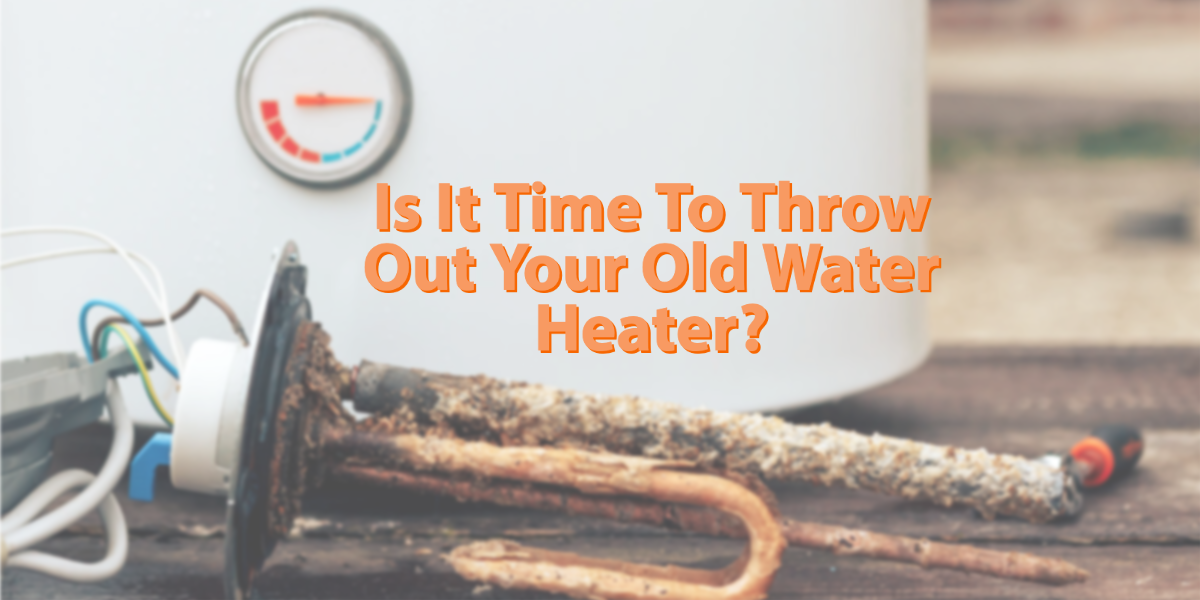Having a water heater in your home is crucial because, without it, you wouldn’t be able to do numerous things, for example, taking showers, doing your dishes, washing your clothes, or, honestly, anything that requires hot water. But believe it or not, your water heater works harder than you think to keep you and your family comfortable. And in time, because water heaters work hard or for too long, it can lead to problems that may require professional attention. Luckily, in this article, our plumbing professionals will give you a rundown on everyday water heater problems and the best ways to get your water heater up and running.
Is Your Water Temperature Too Hot Or Too Cold?
Water temperatures can be so frustrating when it comes to wanting to take a nice shower or even wash dishes in warm water. Yet, surprisingly water temperature is one of the most common problems water heaters experience. Some of the things you may struggle with are, for example, water being too cold, too hot, or not hot enough. Let’s explain some of the possibilities below that cause it and how to address your situation.
- Water is too cold – Some causes of cold water running throughout your home are possibly a faulty heating element, a defective thermostat, or an insufficient power supply. You can diagnose the problem by resetting any blown fuses or tripped breakers. If this doesn’t work, you will want to double-check that the power switches are on. Lastly, if you still have no hot water, check and make sure that the thermostat is functioning the way it should be.
- Water is too hot – Water running too hot in your home is likely caused by your thermostat being set too high. The US Department of Energy suggests your temperature be placed on your thermostat for your water heater to be 120 degrees Fahrenheit to guarantee the best-heated water.
- Water is warm but isn’t hot enough. It’s perhaps due to a defective heating element, an undersized water heater, a faulty thermostat, or crossed cold and hot connections. The easiest way to rule out crossed connections is to turn off the water supply and switch on a hot tap. You may have a crossed connection issue if the hot water still flows. Lastly, suppose you still aren’t able to resolve any issues you have. In that case, we suggest calling your local plumbing contractor to assess whether your water heater is the correct size and to examine your water heater’s heating elements thermostat.
Your Water Heater May Be Leaking. Is This Happening?
Did you know that leaks in your water heater can happen more than just in its tank? There could be a list of reasons why your water heater is leaking, such as a stuck valve, improper water pressure, a bad gasket, faulty temperature, overheating water heater, or a leak from a nearby plumbing connection. You should check if you need to tighten any loose plumbing connections if you believe one of these issues above may be the culprit. And, if you continue to see a leak even after following the previous steps, we advise calling a professional to diagnose the issue you may have with your water heater.
Does Your Home Water Appear Discolored?
You turn on your faucet, and your water is not only discolored but a rusty color and smells horrible. Usually, this is caused by the anode rod no longer working as it should, or perhaps it’s an older water tank that needs to be replaced. However, getting information from your local plumbing contractor would be your best choice so that they can decide if you need to replace the anode rod or possibly install a new water heater for your home.
Get The Help You Need From The Professionals
Remember that whether you need a minor fix or to replace your water heater, it can be a big task. Fortunately, our plumbing professionals at Canal Winchester Plumbing & Drain can take care of that task, so you don’t have to! Go ahead, call us today at (614) 490-7531, or schedule an appointment online by clicking here! We are here to help when you need it the most!


